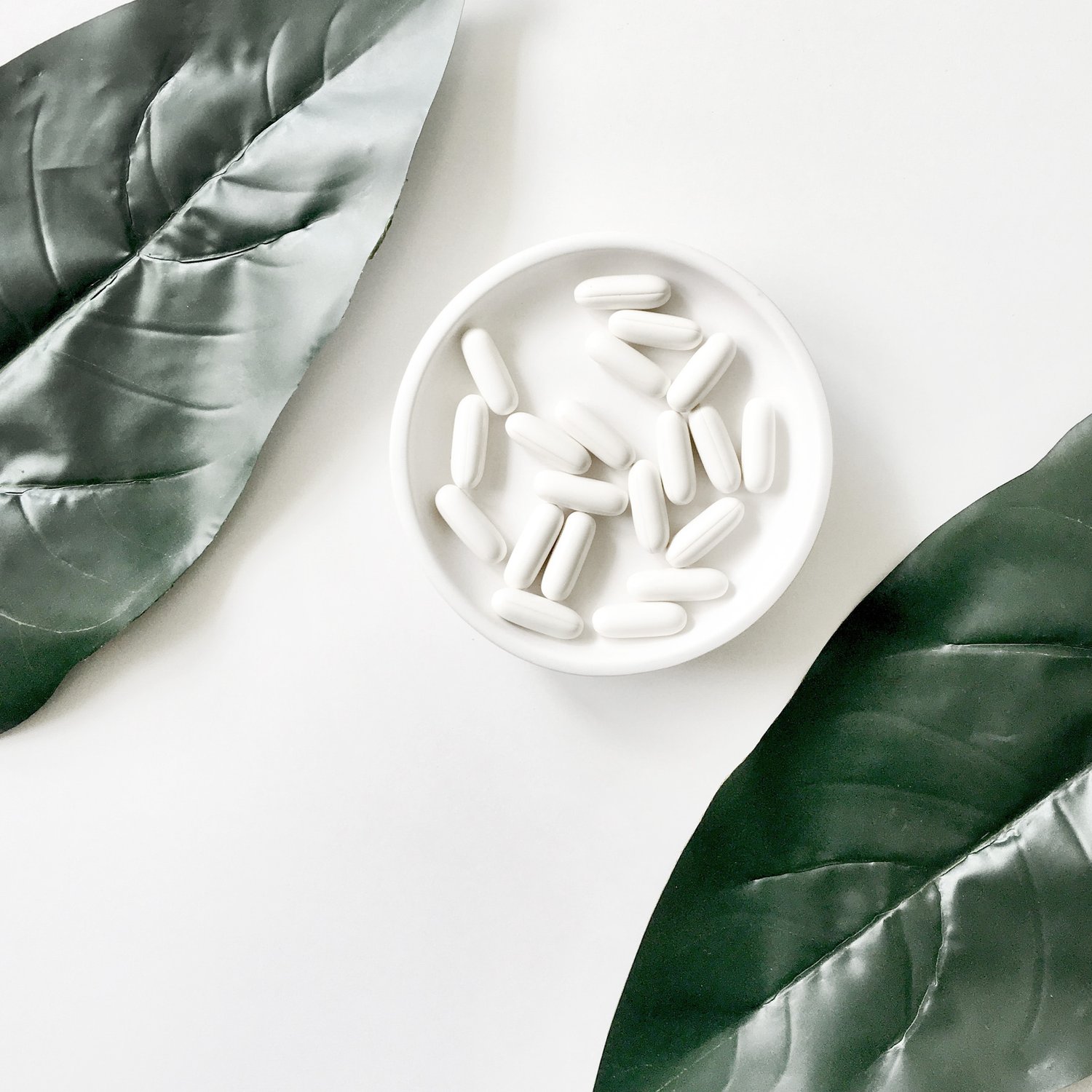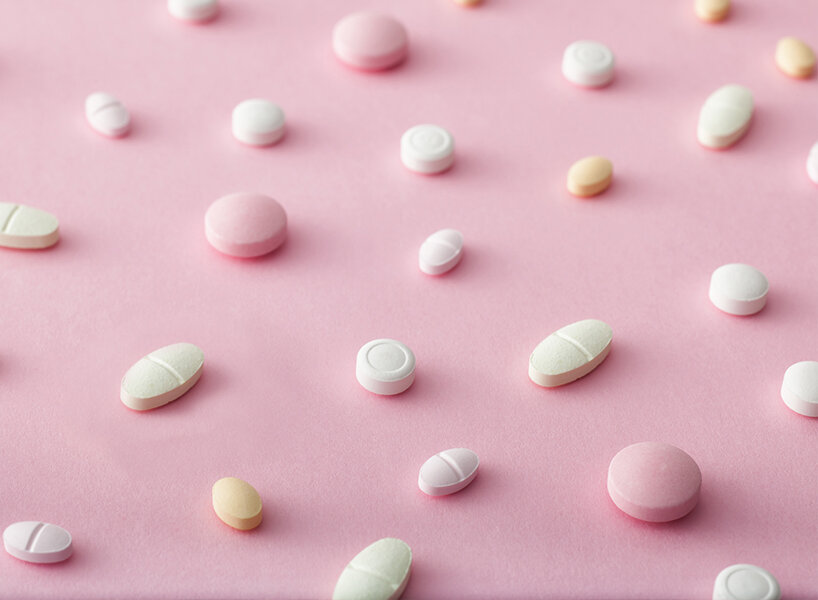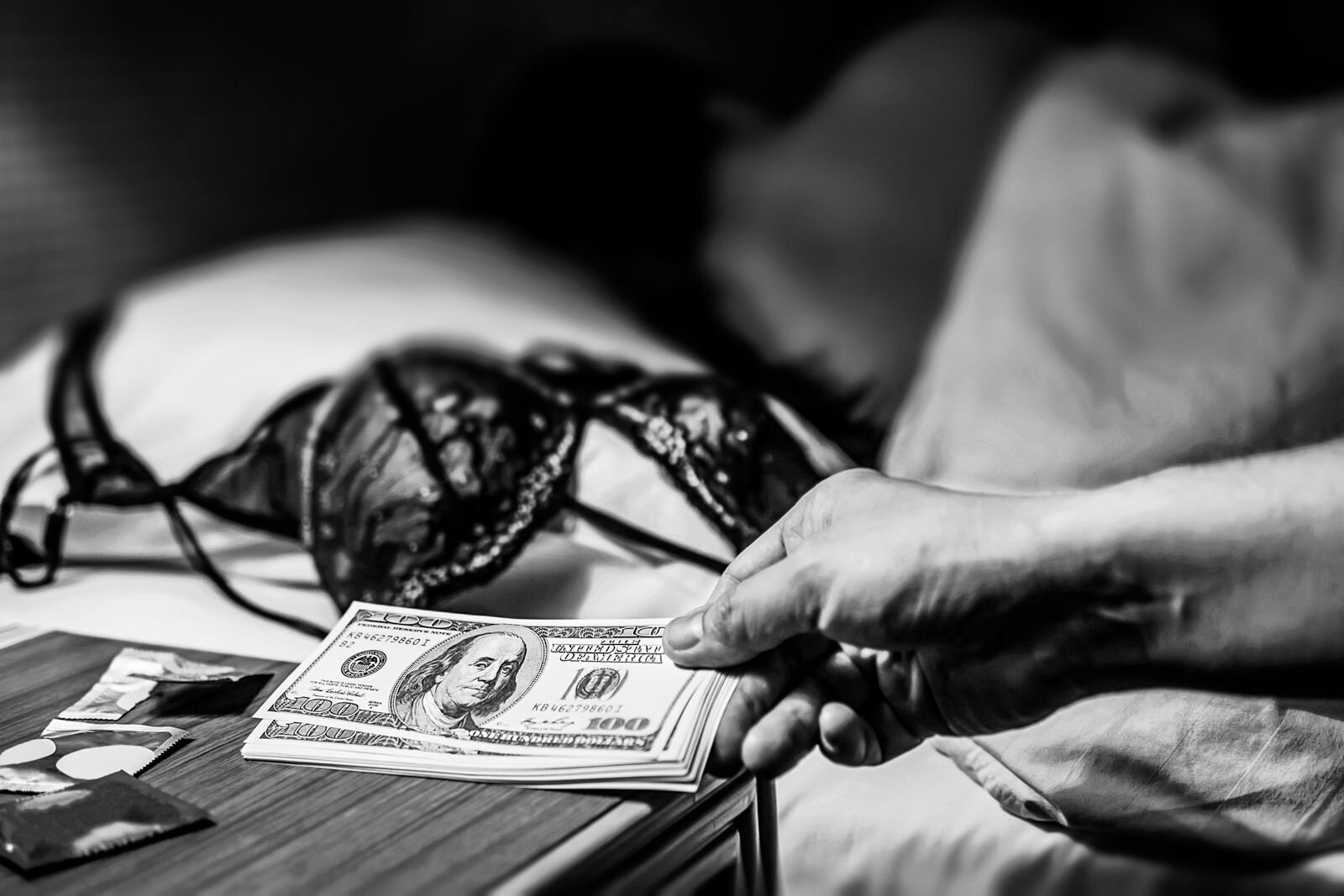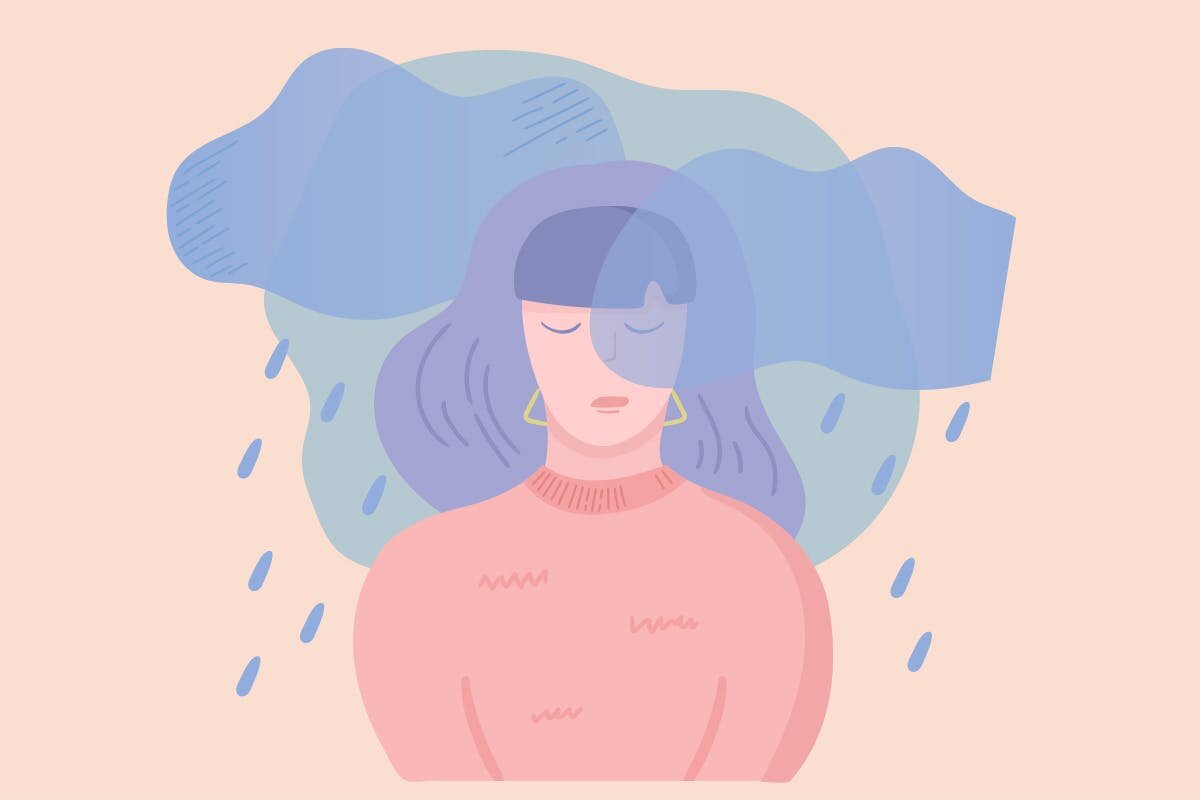
Dealing with Depression and Anxiety at Home
Mental health struggles are much more common than we think. Ever two seconds in the UK someone Googles ‘Depression’ - Yet 2022 has shown a growth in efforts to self-heal, with "How to maintain mental health" seeing more searches this year than ever before, as well as "how to recover from burnout".
Although many are suffering following what has been a tough three years since the pandemic started, not all of us can afford therapy, or may be ready to take that step. For some, there are smaller steps you can take to see if an at home solution will bring contribute to your healing.
Wellness and relaxation specialists at CFAH.org alongside Nak-Ed have pulled together a guide for those struggling with the symptoms of anxiety and depression. This includes natural remedies and lifestyle changes which can be tried at home as well as an insight into what you can expect from professional help.
Disclaimer: You know yourself, if you feel at anytime your depression and anxiety is getting so bad it effects your way of living, reach out to your local GP who can help you look into locally funded therapy sessions. Depression and Anxiety are neurological issues, there is only so much that can be done without medical intervention.
Some Ways ToTo Ease The Signs Of Depression At Home
Lifestyle changes
If you are stuck in a monotonous routine which is leaving you feeling down, make some low level changes which suit your lifestyle but offer some great wellbeing benefits. Allocating time to practice mindfulness or undergo gentle exercise like yoga are great activities for reducing stress and alleviating depression.
As a personal meditation sceptic I never thought mediating would beneficial for anxiety, however there are many guided practises and affirmations available to suit whatever anxieties you’re currently facing.
It is also important to make time for what you love, planning out your weekend or allocating an hour in the evening of me-time. Whether you love art, journaling or a particular sport, make sure to make time for your hobbies to lift your mood and give you something fun to focus on.
Your diet can also have a huge impact on your mood so fuel your body with the nutrients it needs to leave you energized and ready for the day. Limit excess carbs, caffeine and fast food which will leave you feeling sluggish. These foods are fine in moderation, but when they become the crutch we lean on when we’re struggling, they can cause more harm than good.
Natural remedies
Although there are endless home remedies and old wives tales out there, which of them actually work? Here are a handful of effective remedies which are easily accessible and have been proven to make a big difference to your mental wellbeing:
- Omega-3 fatty acids
Found in fish such as salmon and tuna, omega-3 contains anti-inflammatory properties which are shown to elevate your mood. Their natural antidepressant effects can help lessen the symptoms you are feeling so tuck into an omega-3 filled lunch for the boost you need.
- Probiotics: Mental health is strongly tied into your gut health, often referred to as the ‘gut-brain axis’. Studies have already shown that people who suffer from anxiety often also display symptoms of gastrointestinal disorders, too, such as bloating, diarrhea, and irritable bowel syndrome. These are known as ‘co-occurring disorders’, and it provides quite a significant backing for a strong gut-brain link. . Interestingly, it seems that probiotics for mood don’t just help in a single way; they have an influence over many different aspects that are believed to increase the risk of anxiety:
- Increases levels of tryptophan which helps to make serotonin; the ‘happy hormone’
- Reduces inflammation (it is possible that depression is an inflammatory disease)
- Some strains, like L. rhamnosus, reduce levels of stress hormone corticosterone
- Other strains, like B. infantis, may actually possess natural antidepressant properties
- CBD
CBD (cannabidiol) is one of the safest natural antidepressants which is great for reducing anxiety and depression. It contains the non-intoxicating properties of the cannabis plant but unlike THC, is fully legal and does not leave you feeling ‘high’.
Cognitive Behavioral TherapyTherapy (CBT)
If you are struggling to overcome depression or anxiety on your own, there is plenty of help out there for those who need it. Cognitive behavioral therapy consists of talking with a trained professional in an aim to change the negative thought patterns that you are suffering with, gradually training your brain to develop positive responses in situations which cause you stress.
Your therapist will work with you to tackle any mental blocks you have put in place and encourage you to face your fears instead of running from them. You will also be shown a range of techniques which you can practice when feeling particularly anxious or depressed, learning to relax your body so you can cope with your emotions.
Medication
If your doctor believes it is the best approach, antidepressants can be prescribed which alter the way the brain controls the communication between neurons. By blocking the signals which create the symptoms of anxiety and depression, they are proven to elevate your mood and help you achieve a better quality of life.
The dose you are given will vary depending on your doctor's advice but it is important to give the medication time to kick in. Many antidepressants don't act straight away and results tend to be noticeable after around two weeks, sometimes even longer.
Related Posts
New Zealand’s Budget Falls Short on Mental Health Funding Commitments
no new funding has been allocated amid the country's growing mental h
The contraceptive education gap affecting Māori and Pacific women
How lack of contraception awareness is prevalent in this group
The Orgasm Gap: It’s time to rethink intercourse
It's time to get serious about how we approach the growing orgasm gap
Nak-Ed’s escort diaries: Abby
A day in the life of an working girl
Conversion Therapy: The overdue bill to protect young LGBTQA
New Zealand takes a stand against outdated conversation therapy
Breathing Not Broken: An Ode To Destigmatising Mental Illness
Rose Aroha on why we don't have to battle against mental health issues







